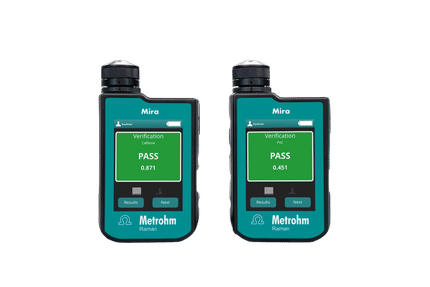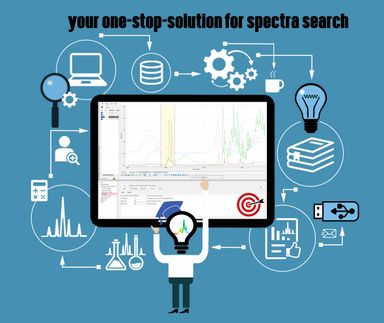To use all functions of this page, please activate cookies in your browser.
my.chemeurope.com
With an accout for my.chemeurope.com you can always see everything at a glance – and you can configure your own website and individual newsletter.
- My watch list
- My saved searches
- My saved topics
- My newsletter
Corian
Corian is the registered trademark of one of many building materials collectively known as solid surface and is composed of acrylic polymer and alumina trihydrate made by DuPont. It is said to be a thermosetting plastic, but can be thermoformed by heating it to 300°F (149°C), allowing unique shapes to be created. Its primary use is for countertops, but is also commonly used as a wall cladding in moisture applications (wet walls). Solid surface materials are very versitile and can be joined, shaped and finished to create many products. Product highlightCorian is available in thicknesses of one-quarter, one-half and three-quarters of an inch, with half-inch being the most common thickness for most applications. All thicknesses feature the consistency of color and patterning throughout, common to all solid surfacing materials. This allows scratches, stains and light scorches to be removed with sandpaper. However, doing this tends to scuff up its matte coating, and is not recommended for single scratches; the preferred method is to lightly sand the entire counter top so the coating is uniform. Joints can be made invisible by joining them with a special seam adhesive and sanding the connection smooth. With recent price reviews in Europe, Corian is probably the most cost effective solid surface when comparing like for like.[citation needed] Corian was first sold in 1967 [1]. Residential ApplicationsToday, Corian is considered a desirable material for use in kitchen countertops, and can be a helpful selling point in marketing a house. It is available in a variety of colors and patterns. Direct competitionMeganite solid surface has 80 closely replicated color matches with similar chemical makeup as Corian. Additionally, it continues to introduce unique colors inspired by current design trends and natural hues. The material is available to certified fabricators in various sizes and thicknesses including the traditional 1/2", but also, 1/4", 2cm, and 3cm sheets. The product is popular with the design community because the company will custom match almost any color and have a submittal sample available in two weeks. The LG Group markets its 100% acrylic solid surface under the LG HI-MACS brand and it is manufactured in both Korea and in the US just outside Atlanta, Georgia. LG HI-MACS offers similar styles,quality and colors to DuPont. Acrylic solid surface can be renewed, in most cases, simply by the consumer's using a Scotch-Brite scouring pad. As far as heat is concerned, it is recommended that trivets be used, as opposed to placing hot pots and pans directly onto the surface. Samsung's Staron solid surface is a competitor. Wilsonart has its Gibraltar solid surface. A more expensive, different approach to the countertop industry is Avonite. Avonite is a solid surface, but made primarily from a polyester base, not an acrylic one. This allows for greater depth of colour, but is a more brittle product. EOS Solid Surfaces produces a polyester/acrylic solid surface in various sizes, including 3cm and 2cm thickness. The material is intended to convey some of the architectural and product-design connotations of traditional stonework, whilst maintaining economic and physical properties which are distinct from actual stone. For example, the surface does not support the growth of mold; may be cheaper than stone in some applications; and can be easily formed and joined. These properties may be desirable, for example, in buildings in the hospitality and health-care sectors. EOS have applied for patents on this material. References
|
||||||||||||
| This article is licensed under the GNU Free Documentation License. It uses material from the Wikipedia article "Corian". A list of authors is available in Wikipedia. | ||||||||||||







